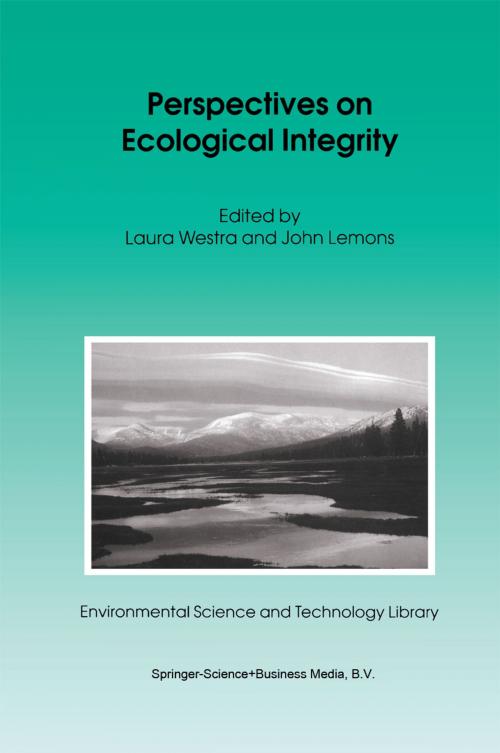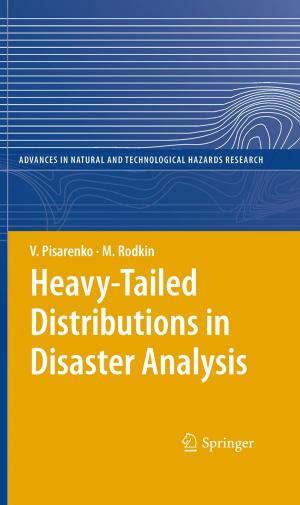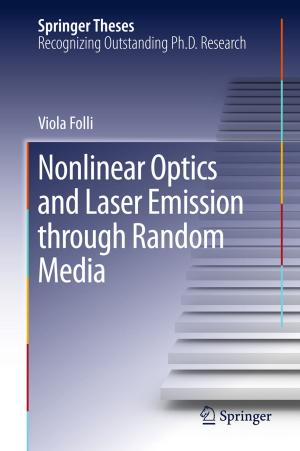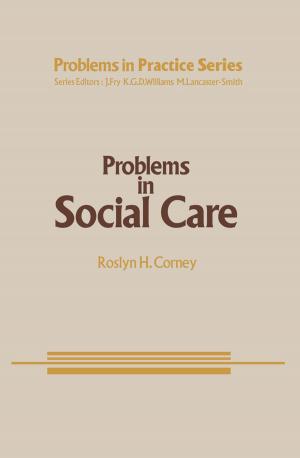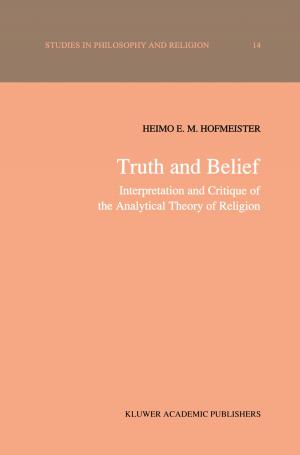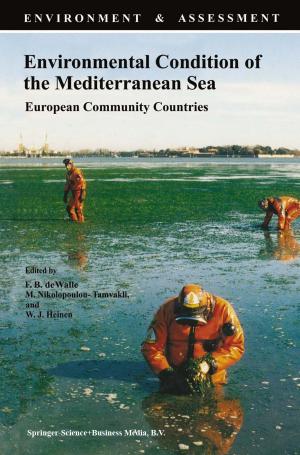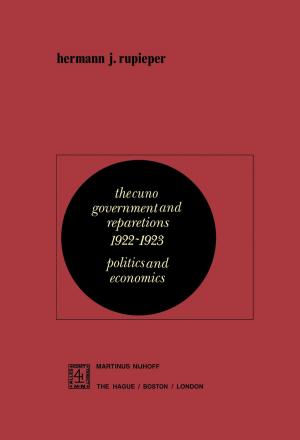Perspectives on Ecological Integrity
Nonfiction, Science & Nature, Nature, Environment, Environmental Conservation & Protection, Religion & Spirituality, Philosophy, Ethics & Moral Philosophy| Author: | ISBN: | 9789401104517 | |
| Publisher: | Springer Netherlands | Publication: | December 6, 2012 |
| Imprint: | Springer | Language: | English |
| Author: | |
| ISBN: | 9789401104517 |
| Publisher: | Springer Netherlands |
| Publication: | December 6, 2012 |
| Imprint: | Springer |
| Language: | English |
Concepts of ecological integrity have recently been proposed to facilitate enhanced protection of biological and ecological resources against the threat of human activities. The promotion of ecological integrity as a basis for public policy and decision making stems from scientists and others concerned about the threats of human activities to ecosystems and species, and from philosophers attempting to derive a more suitable ethic to guide the relationships between humans and the non-human environment. Although ecological integrity has been proposed as a norm for public policy and decision making, the concept is relatively new and therefore the underlying scientific and philosophical rationales have not been fully developed. This book offers a number of perspectives to stimulate and inform future discussion on the importance and consequences of ecological integrity for science, morality and public policy.
Audience: Environmental professionals, whether academic, governmental or industrial, or working in the private consultancy sector. Also suitable as an upper-level reference text.
Concepts of ecological integrity have recently been proposed to facilitate enhanced protection of biological and ecological resources against the threat of human activities. The promotion of ecological integrity as a basis for public policy and decision making stems from scientists and others concerned about the threats of human activities to ecosystems and species, and from philosophers attempting to derive a more suitable ethic to guide the relationships between humans and the non-human environment. Although ecological integrity has been proposed as a norm for public policy and decision making, the concept is relatively new and therefore the underlying scientific and philosophical rationales have not been fully developed. This book offers a number of perspectives to stimulate and inform future discussion on the importance and consequences of ecological integrity for science, morality and public policy.
Audience: Environmental professionals, whether academic, governmental or industrial, or working in the private consultancy sector. Also suitable as an upper-level reference text.
